Fast charging is a convenient option for EV owners, but you might be wondering if it’s bad for your battery. Does it cause long-term damage? In this article, we’ll dive into how fast charging affects your EV battery and what you can do to keep it healthy over time.
Understanding Fast Charging vs. Standard Charging
When it comes to charging your EV, there are two main options: fast charging and standard charging. Here's how they differ:
Standard Charging
Also called level 1 or level 2 charging, this is the slower option. It’s typically done using a home EV charger or public charging stations, providing a more gradual charge over several hours. While it’s not as fast as level 3, it's gentler on the battery and ideal for overnight charging or when you're not in a rush.
Fast Charging
Known as level 3 charging, this is where the speed comes in. Fast chargers use higher voltages to deliver a much quicker charge, usually giving you about 80% battery capacity in just 30 minutes. They're commonly found along highways or at public charging stations for drivers on the go who need a quick power-up.
While fast charging is super convenient, the key difference is the speed at which power is delivered to the battery, and that can have an impact on its lifespan over time.
How Fast Charging Affects EV Batteries
Fast charging is convenient, but it's important to understand how it impacts your EV battery. Here are the main ways it affects battery life:
Heat Generation: Fast charging produces more heat compared to standard charging. Excessive heat over time can degrade the battery's internal components, causing it to lose capacity more quickly. Modern EVs have cooling systems to manage this heat, but repeated fast charging can still cause long-term damage.
Battery Degradation: The rapid flow of energy during fast charging stresses the battery's cells, which can lead to faster degradation compared to slower charging methods. Although battery management systems help protect the battery, frequent use of fast charging can shorten its lifespan in the long run.
Slower Charging After 80%: Fast chargers work at full speed only up to around 80% capacity. After that, the charging speed slows down to protect the battery. So, while fast charging is efficient for the first 80%, the last 20% takes longer, and the slower rate is actually less stressful on the battery.

The key takeaway here is that while fast charging is great for convenience, overusing it can lead to faster wear and tear on your EV battery. Understanding these effects can help you use fast charging more wisely and protect the health of your battery over time.
What Conditions Cause Fast Charging to Damage the Battery?
While fast charging itself isn't inherently harmful, certain conditions can make it more likely to cause damage to your EV's battery. Here are the main factors to watch out for:
-
High Temperatures: Charging your EV in hot weather or while the battery is already warm can increase the stress on the battery. Heat generated during fast charging combined with external heat can lead to overheating, which accelerates battery degradation. It’s best to charge in cooler conditions or ensure your EV’s cooling system is working properly.
-
Frequent Fast Charging: Using fast charging on a regular basis, especially as your primary charging method, can have a cumulative negative effect on the battery over time. While occasional fast charging is fine, relying on it too often doesn’t give the battery enough time to recover, leading to faster wear.
-
Charging from Near Empty to Full: Fast charging from a very low battery (near 0%) to a full charge (100%) can be stressful for the battery. The initial high current and the high voltage at the end of charging can increase the risk of damage. Ideally, you should avoid letting your battery run too low before charging and try to stop charging before it hits 100%.
-
Using Poor Quality Chargers: Not all fast chargers are the same, and using a low-quality or incompatible charger can result in uneven charging, excess heat, or overcharging. Always use chargers recommended by your EV manufacturer to ensure proper charging and battery protection.
Being mindful of these conditions can help you get the most out of your EV’s battery without compromising its lifespan.
How to Charge Your EV Properly
To ensure your electric vehicle (EV) remains in optimal condition and its battery lasts longer, consider the following best practices:
-
Use Standard Charging for Daily Use: For most daily charging needs, utilize standard Level 2 chargers. These chargers are gentler on the battery and are suitable for overnight charging. Reserving fast charging (Level 3) for longer trips or when necessary can help preserve battery health.
-
Maintain Battery Levels Between 20% and 80%: Avoid consistently charging your EV to 100% or allowing it to drop to 0%. Keeping the battery level between 20% and 80% can help prevent unnecessary strain and prolong battery life.
-
Charge in Cooler Conditions: Charging your EV in hot weather or while the battery is already warm can increase the stress on the battery. Heat generated during fast charging combined with external heat can lead to overheating, which accelerates battery degradation. It’s best to charge in cooler conditions or ensure your EV’s cooling system is working properly.
-
Allow the Car to Cool Before Fast Charging: If you’ve been driving your EV for a while, it's a good idea to let it cool down before using a fast charger. This helps reduce the chances of overheating, which can be damaging to the battery.
-
Avoid Using Poor Quality Chargers: Stick to chargers recommended by your EV manufacturer. Using subpar or incompatible chargers can lead to uneven charging, excessive heat, or other problems that can affect the health of your battery.
By following these guidelines, you can help ensure your EV's battery remains healthy and efficient over time.
Conclusion
Fast charging is a convenient way to power up your EV, but using it too often or under certain conditions can harm your battery over time. If you're looking for a reliable and efficient home charging solution, consider exploring Autel's range of EV chargers.
Autel offers a variety of Level 2 EV chargers designed to meet different needs, ensuring a safe and efficient charging experience for your electric vehicle. You can find more information and purchase their products directly from Autel's official website.

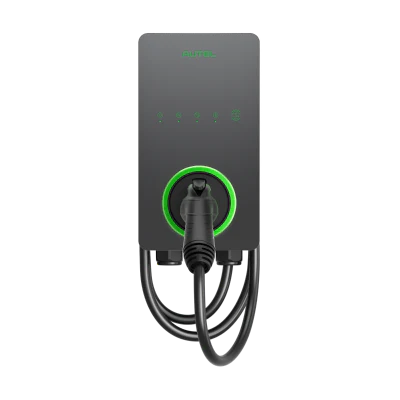
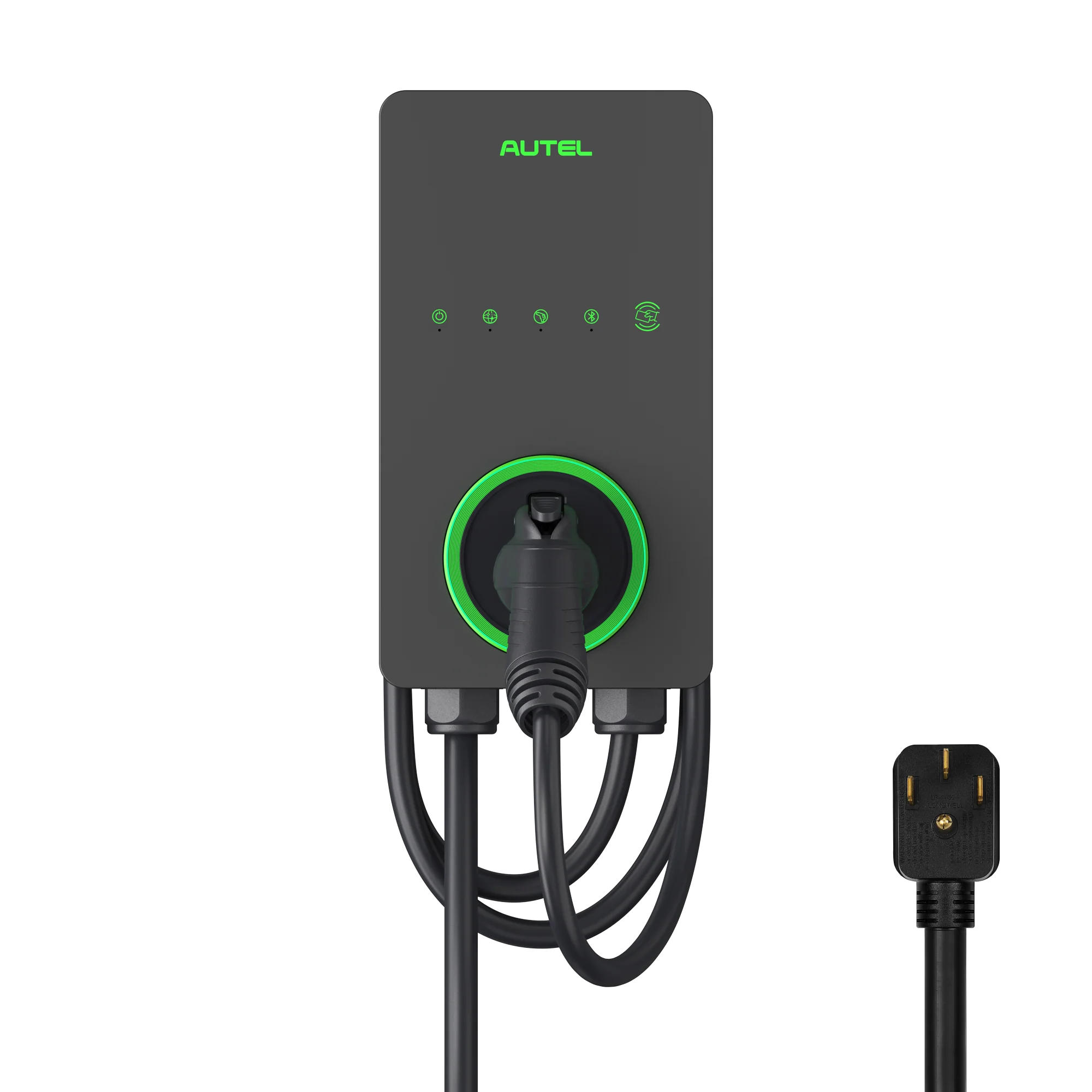
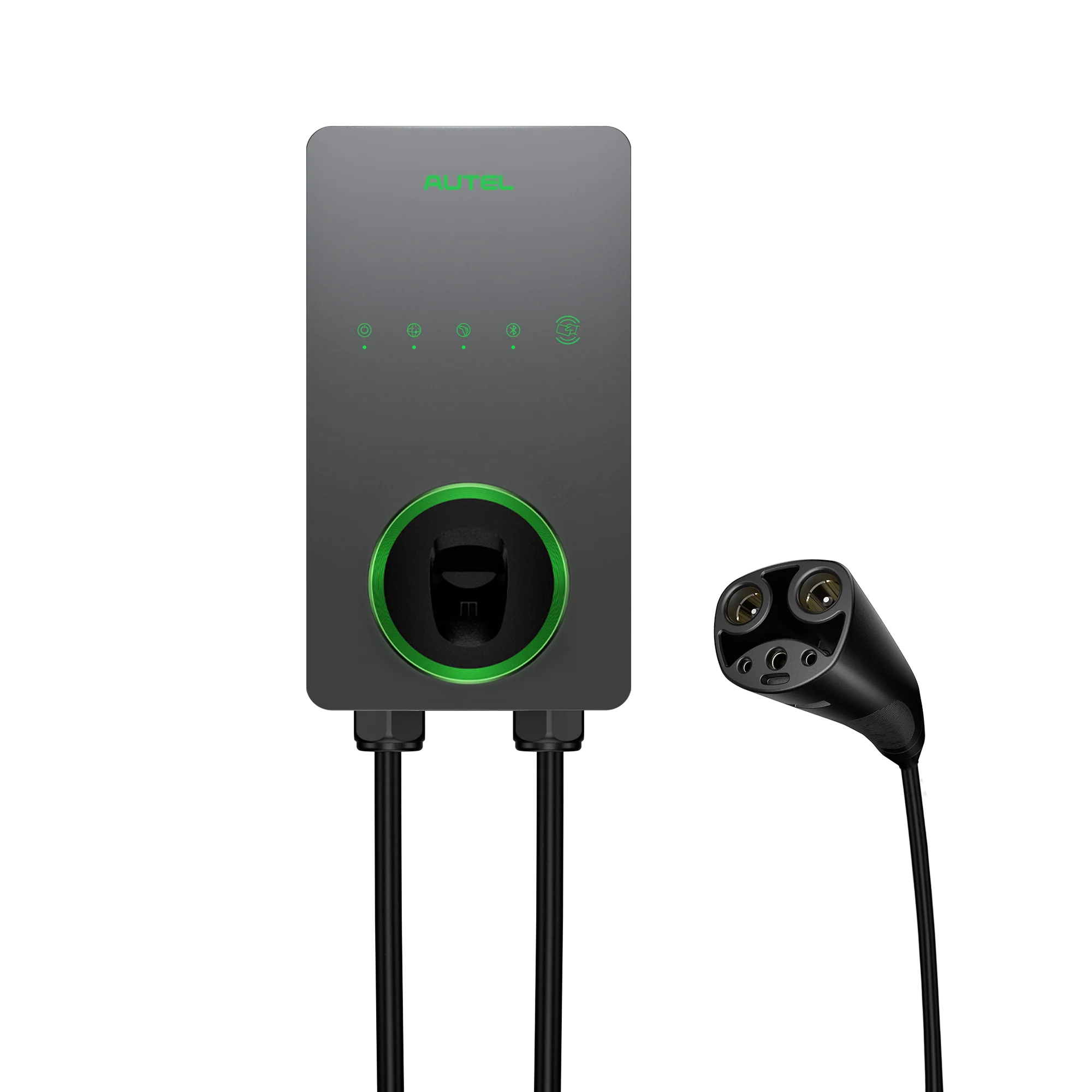
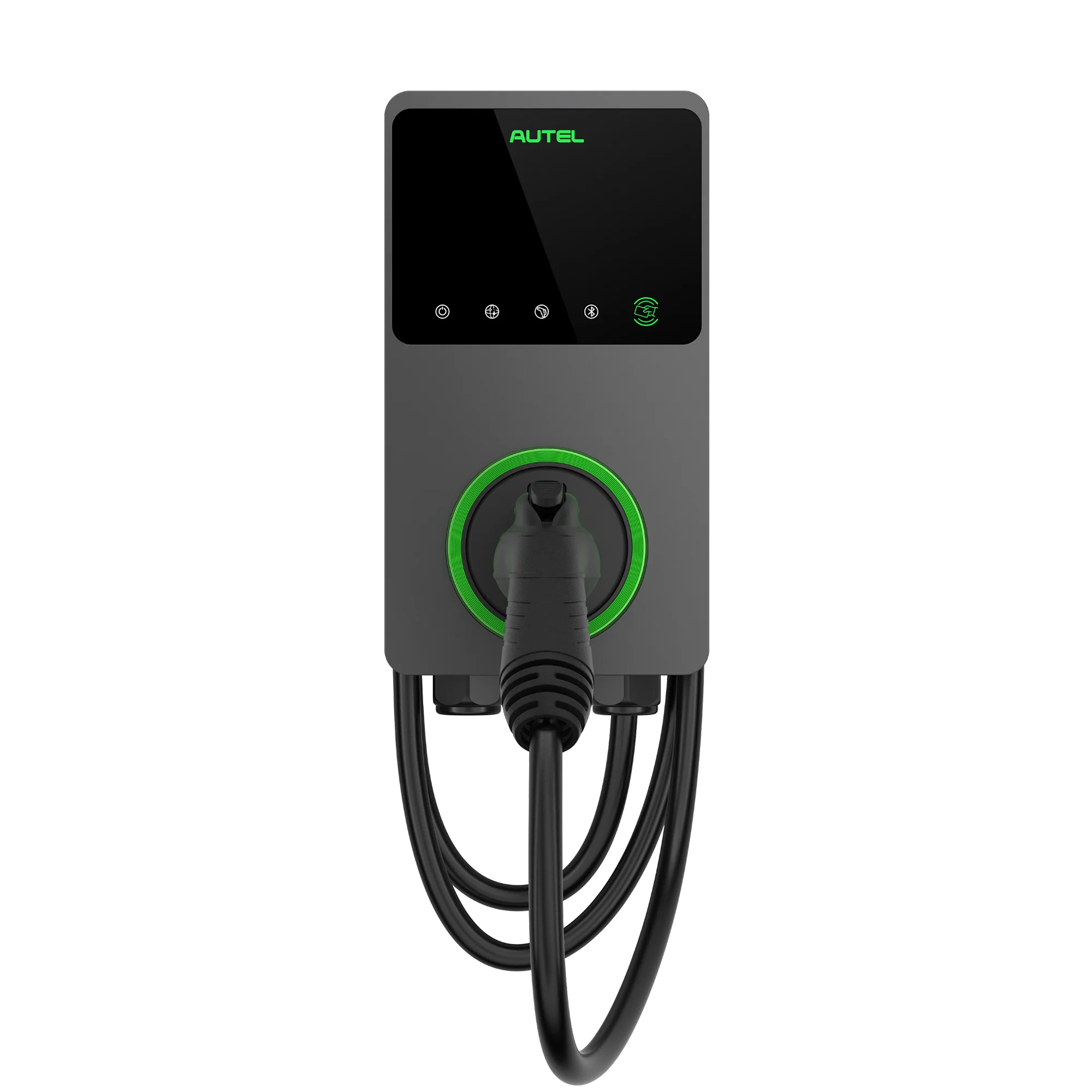
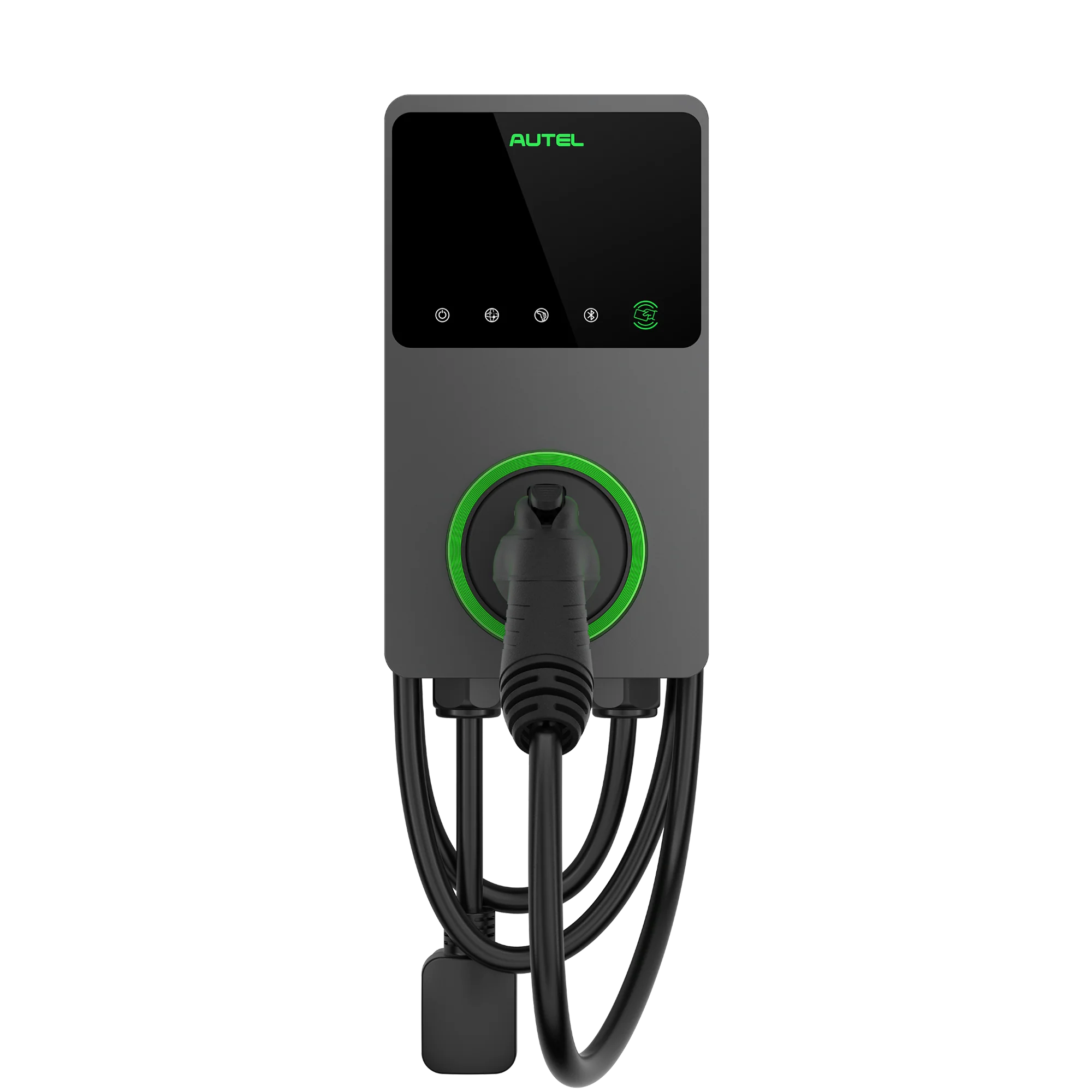
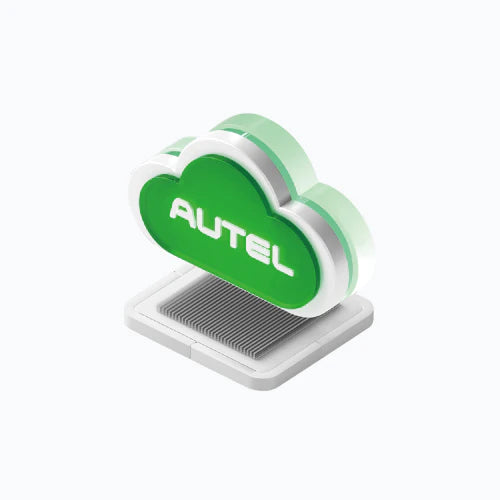
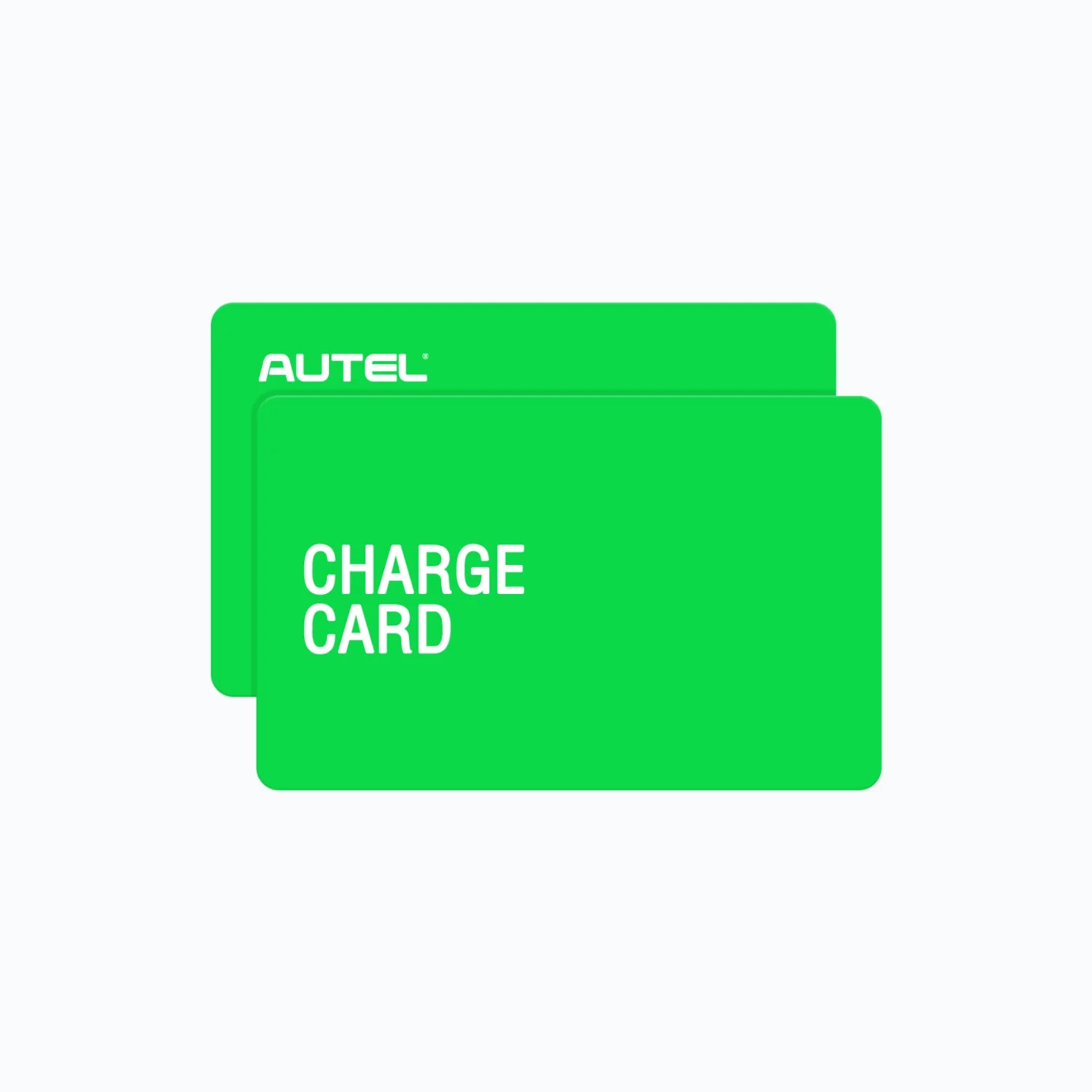
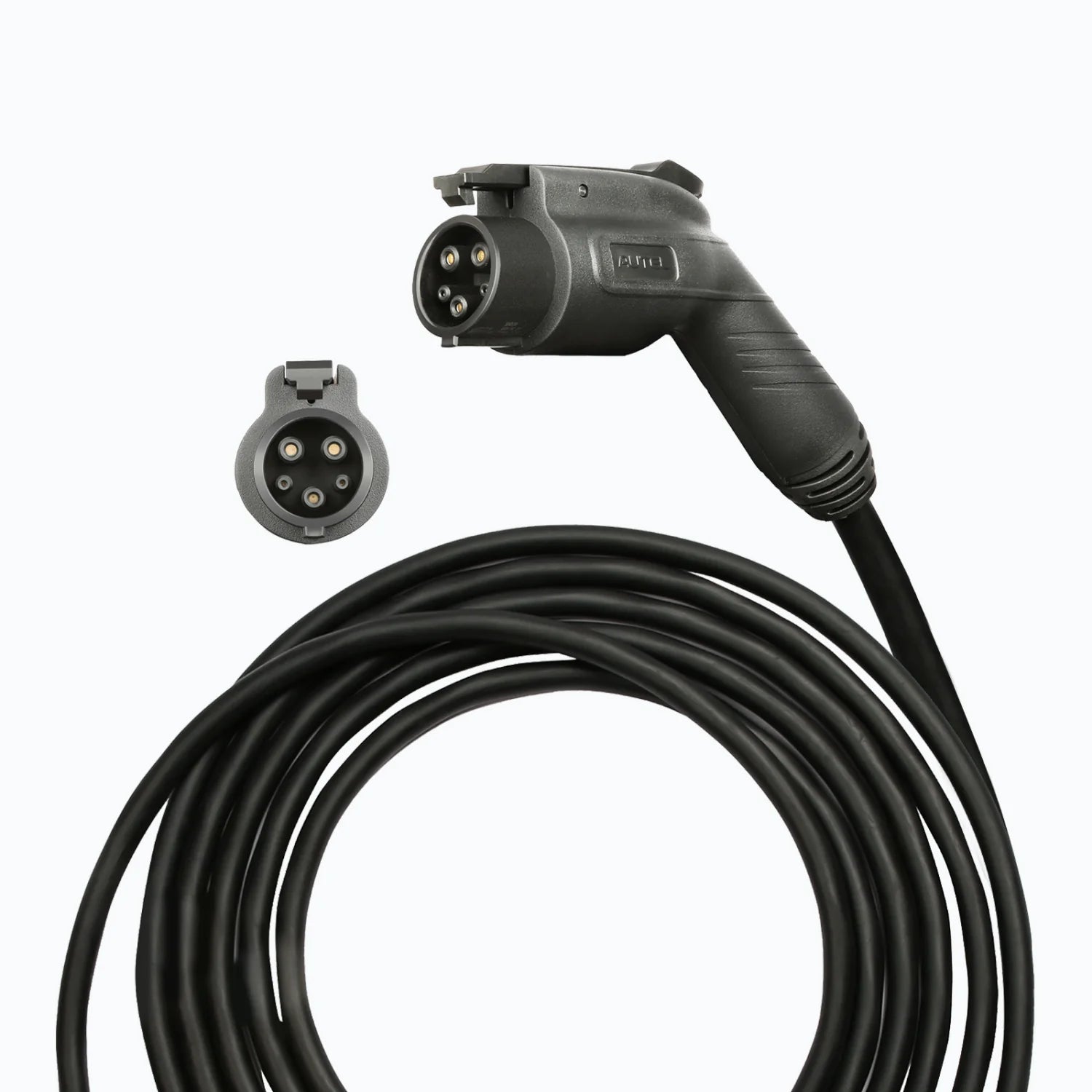

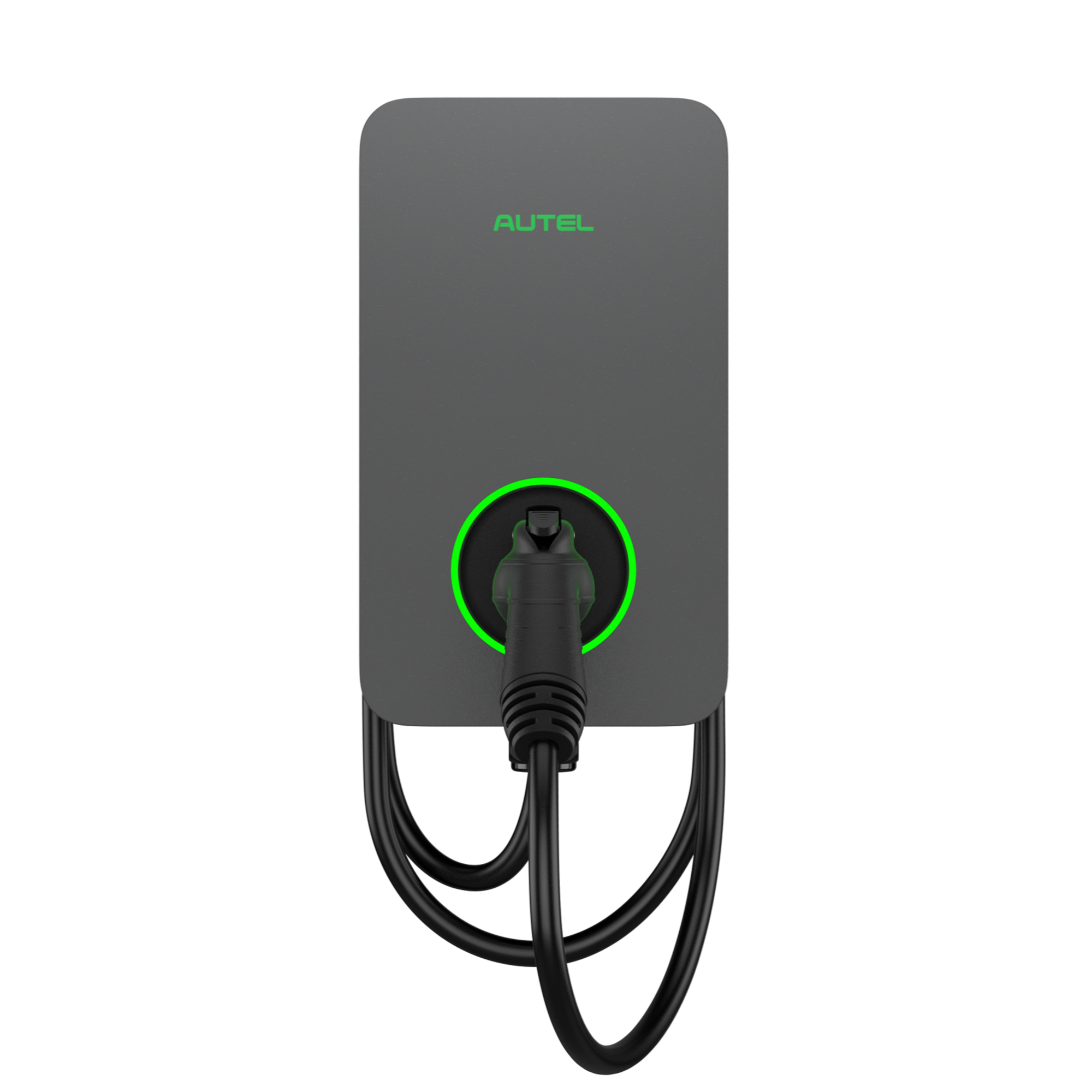

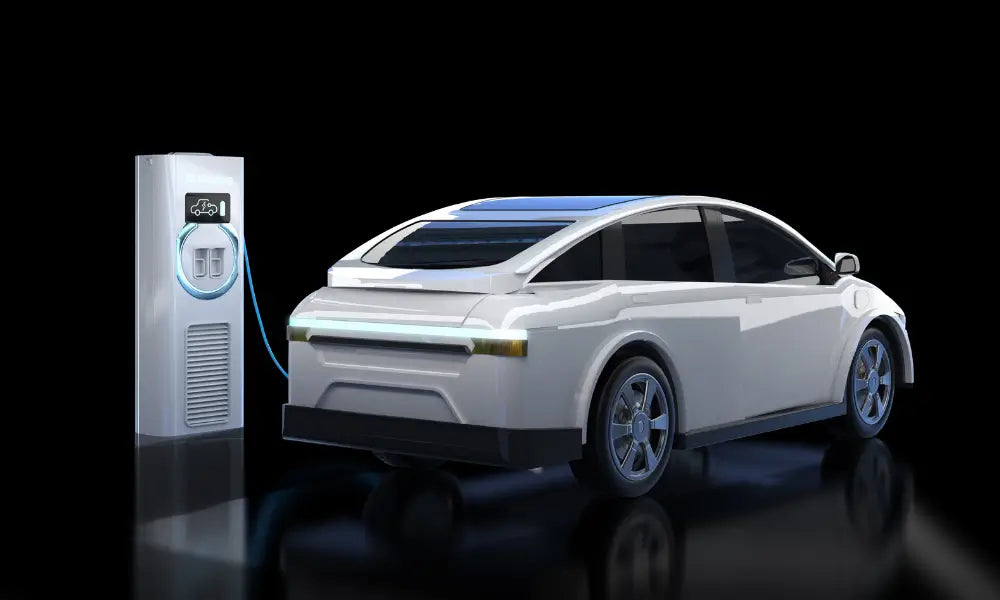
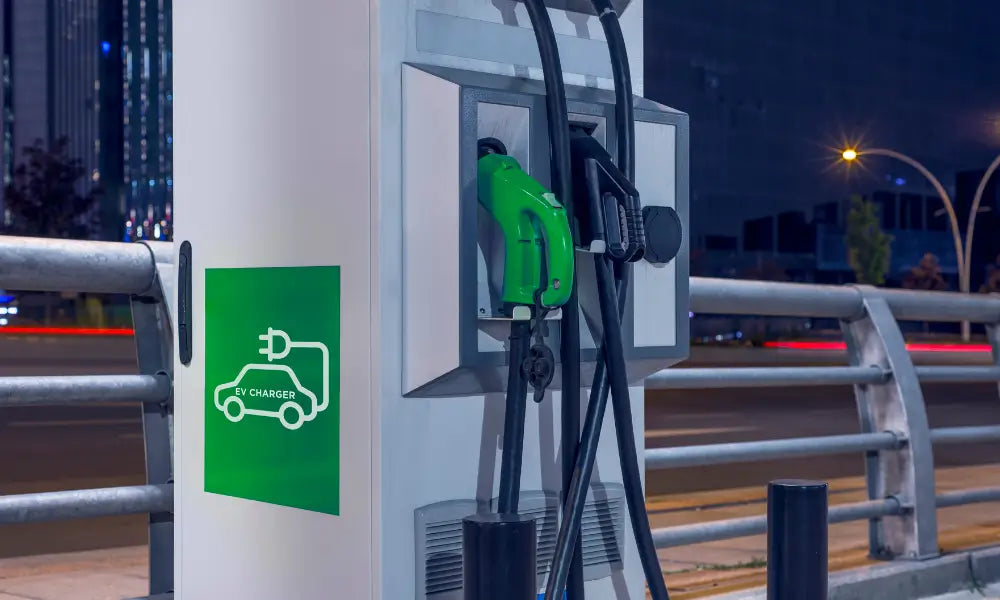
Leave a comment
All comments are moderated before being published.
This site is protected by hCaptcha and the hCaptcha Privacy Policy and Terms of Service apply.